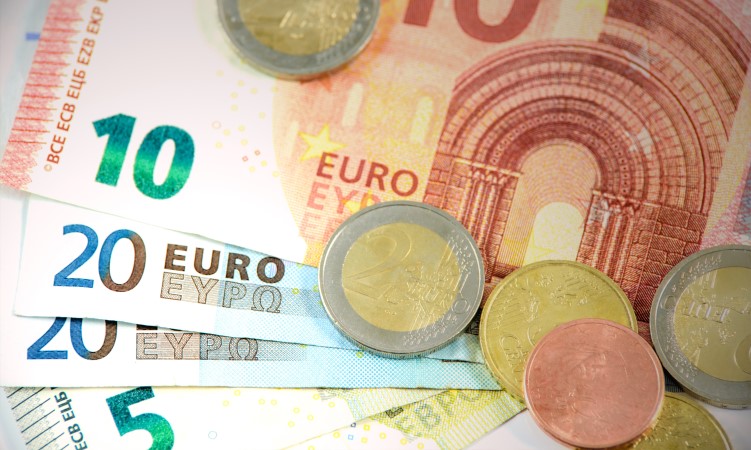
Inflation has been soaring over the past few months in the UK as well as the U.S. and other countries. UK inflation has hit an astounding 9.1% as the Guardian reports, and consumers suggest that they are more concerned about the “negative impact of rising household bills on their personal finances”.
The U.S. isn’t doing much better, with Elon Musk claiming that “A recession is inevitable at some point and a recession is likely to happen in the short term. It’s not a certainty, but it seems more likely than not”. One of the big questions investors are asking themselves now is “How will this affect forex?”
So, without further ado, let’s take a look at some of the aspects forex traders need to keep an eye on.
How inflation affects forex
Inflationary indicators in a country will usually cause that country’s central banks to raise interest rates on short-term loans and credits. During this period, the country’s currency value will rise and become stronger against other currencies. A great example of this currently happening is the parity between the U.S. dollar and the euro, as David Gura from NPR explains. As the dollar has climbed in value, it takes just one dollar to buy a euro as opposed to the $1.13 that was needed at the beginning of this year.
How traders can avoid risk
Stay updated
Forex traders need to keep their ears to the ground for news that could potentially change the value of currencies being traded. While it’s not realistic for a trader to keep up to date with the news from every country in the world, there are tools that can help traders and brokers widen their range. Things like economic calendars, for example, will keep track of economic indicators such as major financial events that are predicted to happen soon. These tools can help traders hone their trading strategies and diversify their portfolios while reducing their risk.
Build and test your trading strategy
The world of forex is huge. The average daily turnover was $1.86 trillion, according to Reuters London (as reported by the U.S. News), and the market for forex shows no signs of slowing down. However, it does tend to be a volatile market, as evident by sudden changes in currencies such as the Russian ruble due to the ongoing conflict in Ukraine. CNBC reported that just last month, Russia’s currency was the strongest it had been since 2015. This trend isn’t expected to continue, but it’s a good example of how volatile a currency can be – especially when war and sanctions are involved.
One way to protect yourself from risk and volatility is through backtesting. This is a way to test your strategy before actually using it. A guide to forex backtesting by FXCM outlines how it helps traders who decide to go down the automated route with algorithm systems that provide traders advice on their next trades and warn them against potentially risky ones. Backtesting also offers traders confidence – as the better they do in simulations, the more confident they feel about their decisions in the real-time market.
Keep a level head
When you’re dealing with real, hard-earned money, investing can become somewhat daunting. Both fear and greed can find their way into a trader’s mind and take over their decisions. In order to counteract this, Investopedia recommends creating a trading plan and sticking to it. There’s also a need to set stop losses in place in order to keep yourself from losing too much money as a currency plummets in value. Regardless of the strategy you choose, make sure you keep your cool – even when things get rough.







